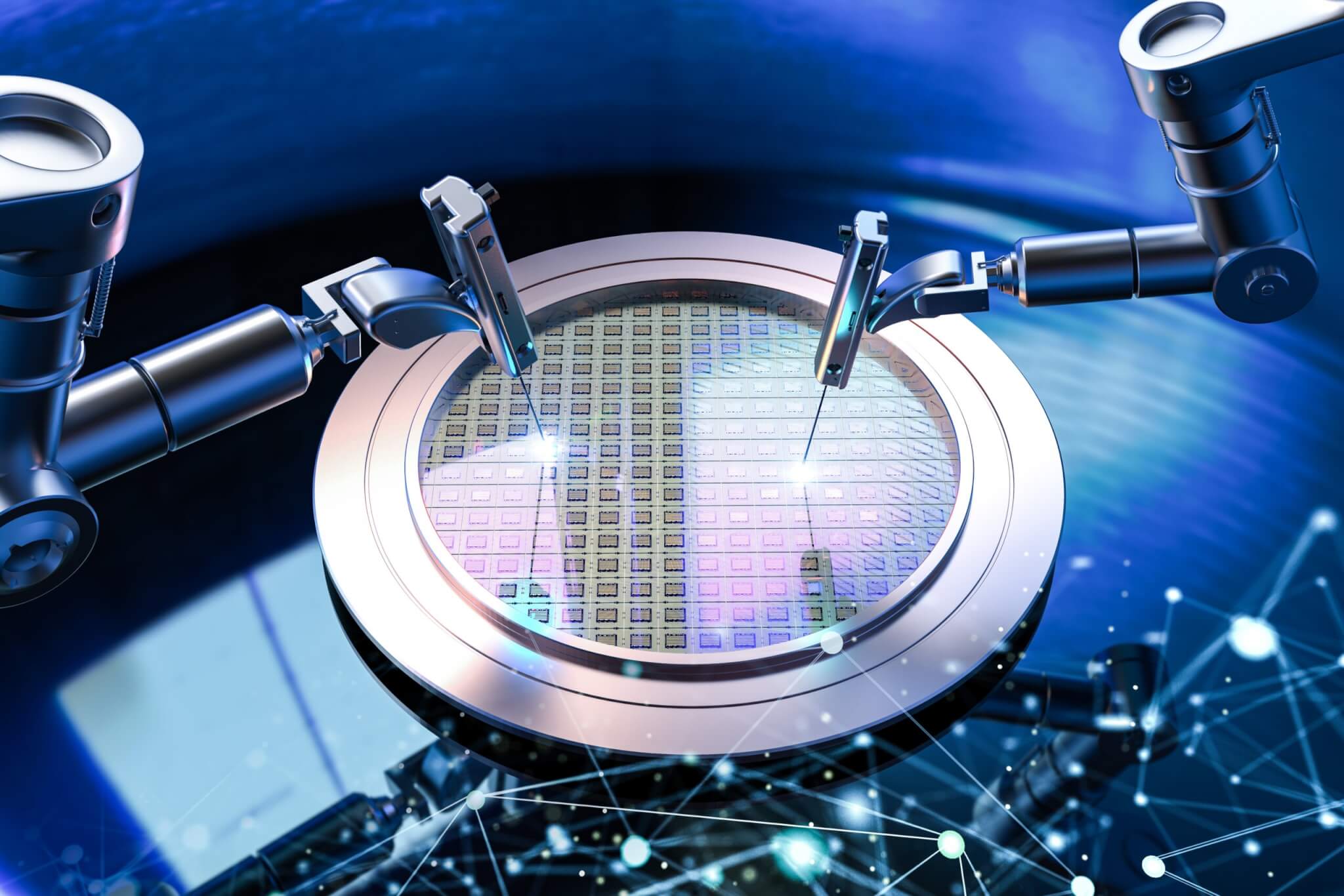Recently, the Biden-Harris Administration announced a Notice of Funding Opportunity (NOFO) designed to leverage cutting-edge artificial intelligence and autonomous experimentation (AE) technologies to support the long-term viability of next-generation semiconductor manufacturing. The CHIPS AI/AE funding opportunity for fast, industry-driven sustainable semiconductor materials and processes (CARISSMA) will play a key role in achieving the industry's technical, economic, and sustainability goals.
The semiconductor industry is committed to advancing and deploying environmentally sustainable solutions throughout the life cycle of microelectronic components and systems. Through a university collaboration based on industry needs, this investment aims to demonstrate the ability to design and adopt new sustainable semiconductor materials and processes that meet industry needs, and to be industry tested within five years. In addition, the investment will expand the number of universities, researchers, and graduates participating in the U.S. semiconductor R&D ecosystem, while improving the sustainability of semiconductor manufacturing.
To that end, CHIPS for America expects the total amount of federal funding available under CARISSMA to be approximately $100 million, with individual grants ranging from $20 million to $40 million. Participants are expected to include teams from universities and other research institutions with significant experience in AI-driven autonomous experimentation (AI/AE), semiconductor industry partners, emerging research institutes, and civil society organizations focused on environmental sustainability or human health and safety.
"The key to protecting America's long-term competitiveness lies in our technology leadership," said U.S. Secretary of Commerce Gina Raimondo. "The Biden-Harris Administration's CHIPS & Science Act allows us to take advantage of emerging cutting-edge technologies, such as AI/AE, and create lab-to-factory pathways to outperform and innovate in other countries. This research opportunity will provide the industry with the tools it needs to drive innovation in sustainability within five years. ”

Figure: The U.S. has launched a new grant program to promote the integration of sustainable semiconductor R&D with artificial intelligence technology
"As President Biden and Vice President Harris have said, America must win the race in the 21st century. This effort is the way to achieve this," said Arati Prabakar, director of the White House Office of Science and Technology Policy. "Thanks to President Biden's CHIPS & Science Act, we will use AI to accelerate the complex research needed to develop sustainable materials to help manufacturers continue to succeed and grow at home."
AI/AE combines automated synthesis and characterization tools, with AI "planners" to determine the next round of experimental activities, dramatically accelerating the design of new materials and the acquisition of material data. This technique is seen as a transformative research method with a wide range of applications. By enabling joint research across multiple sites, AI/AE is able to create opportunities for collaboration between established universities, emerging research institutes, industry, and national laboratories.
Given the widespread use of AI/AE, it is critical to ensure that the U.S. has enough graduates to apply this technology to advance the semiconductor industry. Strengthening the capacity of emerging research institutions will significantly increase the number of undergraduate and graduate students involved in semiconductor-related R&D. To support the development of a strong and ready workforce, projects applying for this funding opportunity demonstrate how to develop and expand in-country researchers in AI/AE approaches relevant to materials and processes in the semiconductor industry.
"AI/AE facilitates virtual collaboration to solve complex research problems, thereby lowering barriers to participation for emerging research institutions," said Laurie Lokaskio, Deputy Secretary of the Bureau of Standards and Technology and Director of the National Institute of Standards and Technology at the U.S. Department of Commerce. "This ultimately strengthens our ability to mobilize a diverse workforce to solve the semiconductor industry's biggest challenges."
It is reported that the CHIPS R&D Office will hold a one-day hybrid meeting for potential funding applicants on November 15, 2024.






